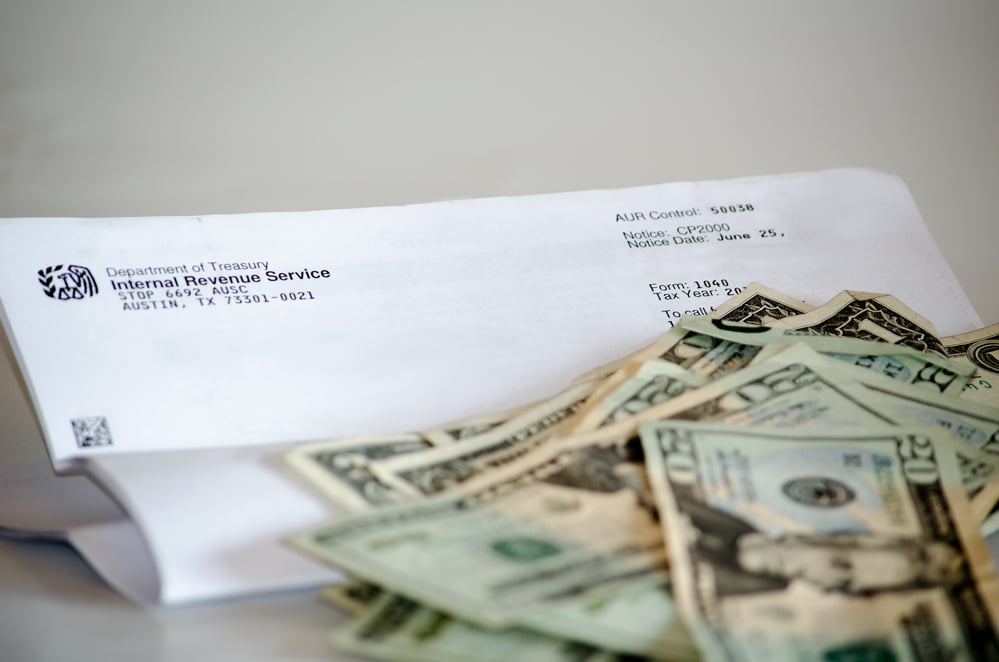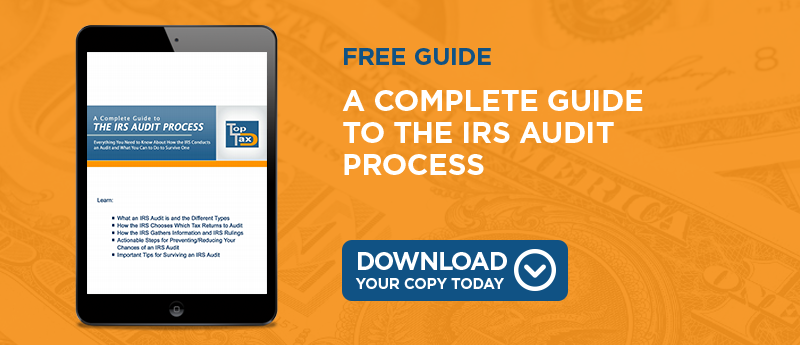
Did you know that some taxpayers are more likely to be audited than others? It may seem unfair on its surface but the IRS considers some returns to be more likely to contain fraud. You might be inviting an IRS audit even if your figures are legitimate. While it's impossible to completely avoid being audited, it is wise to find out which actions may actually be a trigger for an IRS audit so you can prepare yourself in case your return is red-flagged.
1. Making math mistakes on your return.
One of the fastest ways to get audited is to make simple calculation errors when you prepare your return. These mistakes can be slight oversights such as an addition error or glaring errors such as forgetting to carry over a total from a supplemental schedule. Often, these kinds of mistakes can be quickly rectified but they're still enough to get your return marked for an audit.
2. Failing to report all of your income.
Another common error that results in an IRS audit is neglecting to account for all of your income for the year. The IRS receives copies of every W-2 and 1099 you are issued which means that the agency knows how much money you should be reporting as income. In addition, the IRS may also receive records of any cash you receive so you can expect an audit if you neglect to include it.
3. Operating an audit-prone business.
The IRS considers some professions as particularly prone to fraud and may select your return for an audit simply because you work in that field. For example, any cash business is far more likely to be audited. This includes restaurant workers who operate on tips, beauty salon owners who receive cash payments and shop operators who get lots of cash from customers. You're likely to have your return red-flagged if you work in any of these fields. And, if you are self-employed, you have an even higher risk of being audited which means you'll need to keep meticulous records during the year.
4. Claiming lots of deductions.
You might also have your return audited if you claim an unusually high number of deductions especially itemized deductions. Generally, if your deductions far exceed your adjustable gross income it's likely that your return will be audited. As long as your deductions are legitimate you don't have to worry but you may need to produce proof of their accuracy such as receipts and canceled checks.
Tax time is almost never a pleasant time of year for any individual and it can be even worse if you're selected for an audit. If you avoid unnecessarily inviting an IRS audit, though, you'll get through tax season relatively painlessly.




